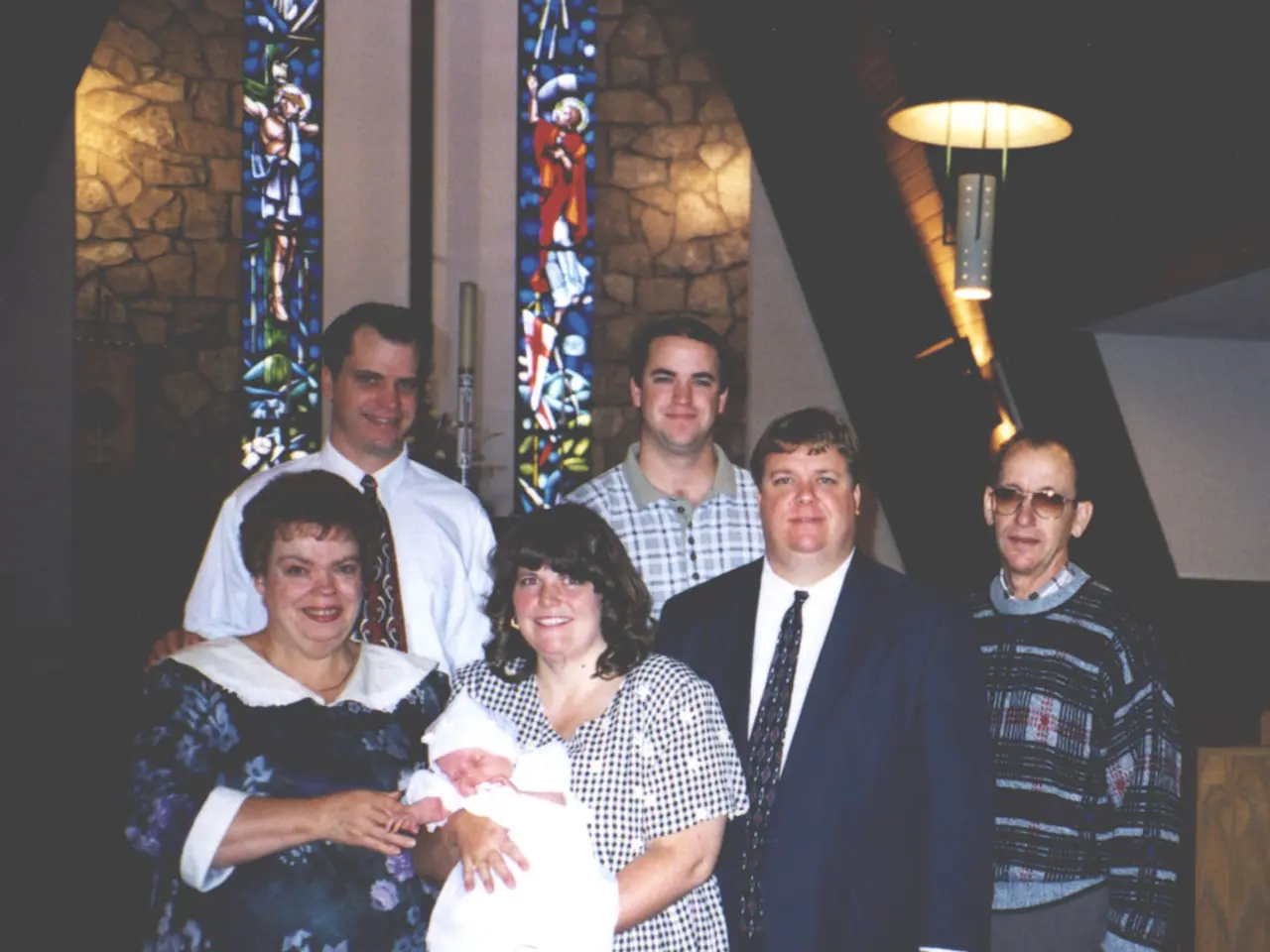Abortion landscape shifts, forcing pregnancy resource centers to adapt strategies
In the United States, the landscape of pregnancy support is undergoing significant changes, with pregnancy resource centers expanding their services and facing new challenges.
In New Jersey, First Choice Women's Resource Centers is locked in a legal battle with the state attorney general, after being told to disclose the names of their donors. The U.S. Supreme Court has agreed to hear the case, a decision that could have far-reaching implications for the privacy of donors to these centres.
Meanwhile, in states with strong pro-life laws, there is a risk of complacency among pro-lifers. Roland Warren, president and CEO of Care Net, emphasizes the need for pro-lifers to focus their efforts on the demand - the women and men who feel that ending the life of their child is their best option.
One such example of a centre expanding its services is the St. John Paul II Life Center and Vitae Clinic in Austin, Texas. Over the past 15 years, this pro-life pregnancy center has grown to not only prevent abortions but also provide continuous support to mothers throughout their pregnancy, along with life-affirming medical care, resource center growth, and enhanced marketing programs. The centre also offers a maternity home and provides a wide range of services, from pregnancy tests and ultrasounds to parenting education and lactation support.
With the rise of telehealth, many pregnancy resource centres are now offering virtual appointments, making their services more accessible to clients. However, reaching young clients has become a challenge due to the shift towards AI platforms like ChatGPT or Grok for searches.
The closure of Planned Parenthood centres has also resulted in an increase in clients for pregnancy resource centres. As a result, 34 Planned Parenthood centres have closed, and seven have announced they will. The potential loss of federal funding for Planned Parenthood due to ongoing lawsuits over a provision in the One Big Beautiful Bill Act could further increase the number of clients for pregnancy resource centres.
Churches play a vital role in helping women in the long-term, providing for their physical and spiritual needs, according to Roland Warren. Heartbeat International, a network of pregnancy resource centers, has seen a 77% increase in the number of affiliated maternity homes since 2020. Vida, a Wisconsin pregnancy resource center, initially focused on providing diapers, wipes, and baby items to parents in need, but has since expanded its services to include guidance, material support, and various medical services.
Despite these advancements, the proliferation of abortion pills allows for their access via telehealth and can be sent through the mail, posing a significant challenge for pregnancy resource centres in their mission to prevent abortions.
As the landscape of pregnancy support continues to evolve, pregnancy resource centres are adapting to meet the needs of pregnant women and their families, while also facing new challenges in their mission to prevent abortions and support mothers throughout their pregnancies.
Read also:
- Peptide YY (PYY): Exploring its Role in Appetite Suppression, Intestinal Health, and Cognitive Links
- Toddler Health: Rotavirus Signs, Origins, and Potential Complications
- Digestive issues and heart discomfort: Root causes and associated health conditions
- House Infernos: Deadly Hazards Surpassing the Flames








